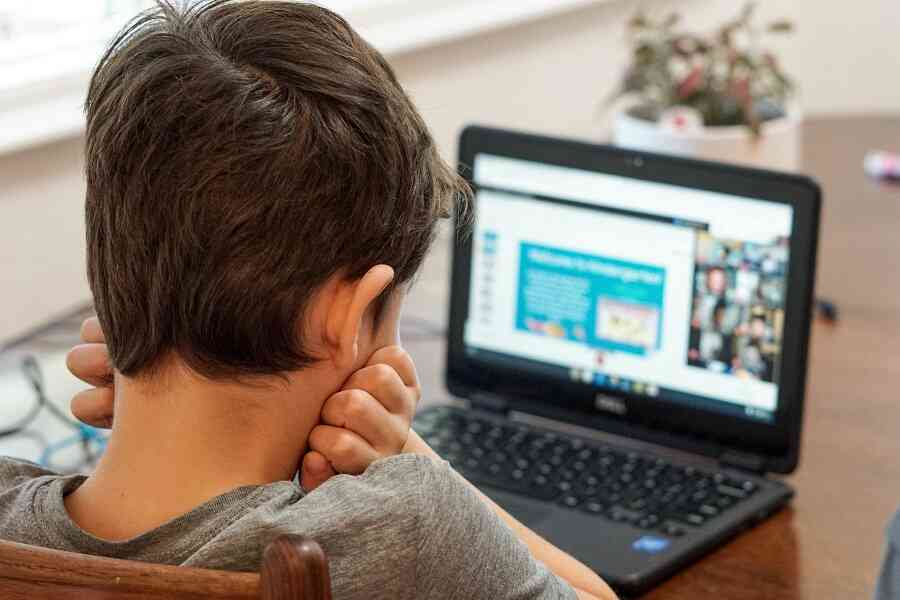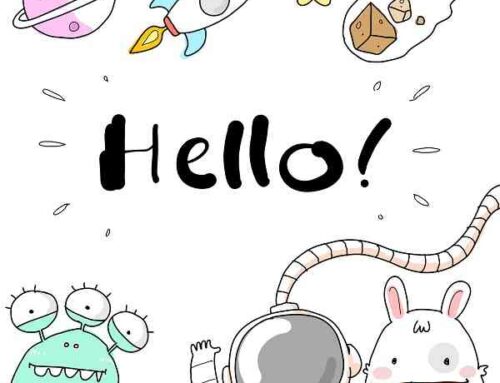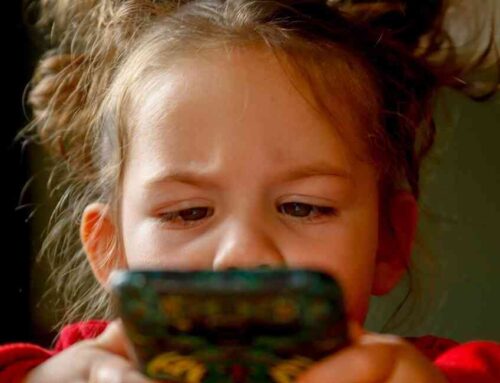Motherly Life Notes
The WSJ reports on studies by brain scientists, psychiatrists, educators and economists researching how children have been affected by learning loss as a result of school closures in 2020-2021. During the first 21 months of the pandemic, schools were closed for an average of 224 days. More than 1.6 billion, approximately 80%, of all school-aged children globally missed a significant amount of class time.
Academic and Health Consequences
- One study showed average IQ scores fell by 20 points compared with prior years.
- Students in the U.S. fell behind 3-6 months.
- In the U.S., ER visits for mental health issues in 2020 increased 24% for kids aged 5 – 11 and 31% for kids aged 12 – 17, compared with prior year
- Eating disorders in adolescent girls doubled in 2020 vs 2019
- Tic disorders in adolescent girls tripled in 2020 vs 2019
What Can be Done
Parents and educators should assess any learning loss in children. Increased remedial education through small group tutoring and extracurricular activities can mitigate the loss.
In addition, it’s important to counteract any physical and mental health issues. Parents should increase opportunities for their children to participate in face-to-face social interaction with peers. Participating in free play time outdoors and team sports can help children develop social and emotional skills as well as self-confidence.
ADDITIONAL INFORMATION
These quick summaries of hand picked articles help parents stay informed and find the right information to raise happy, successful kids.
Children’s Academic Development Was Affected by School Closures
Motherly Life Notes
Source
The Consequences
Shifts to hybrid or remote instruction had significant consequences on student’s academic achievement. Losses were particularly profound in high poverty areas. Schools that remained remote in these regions during 2020-2021 are critical target areas for achievement recovery efforts.
The Consequences of Remote and Hybrid Instruction During the Pandemic
Learning Losses
Schools are wrestling with the setbacks in student learning caused by closures and extended remote instruction. Average reading scores for 9 year olds declined 5 points and average math scores fell 7 points from 2020 to 2022. This is a significant concern. Reading ability is a critical indicator of future success. If students are not capable of comprehending the meaning of words and vocabulary at grade level, it impacts their understanding of content in other subjects such as social studies, history and even calculating word problems in math.
States are directing funds for small group tutoring, summer school, and other initiatives to reverse the learning losses. Educators must overcome the struggle to determine which of these efforts are working.
Schools are Back and Confronting Devastating Learning Losses
Prioritize the Needs of Students
Opening schools should be the first priority to begin reversing the severity of the learning losses. It’s also important to adjust curriculum to account for the needs of students and to avoid compounding the learning losses.
Recovery programs can combine foundational learning, extending instruction time, and delivering small-group, targeted tutoring programs. Countries must act now and be responsive to students’ learning needs.




Leave A Comment